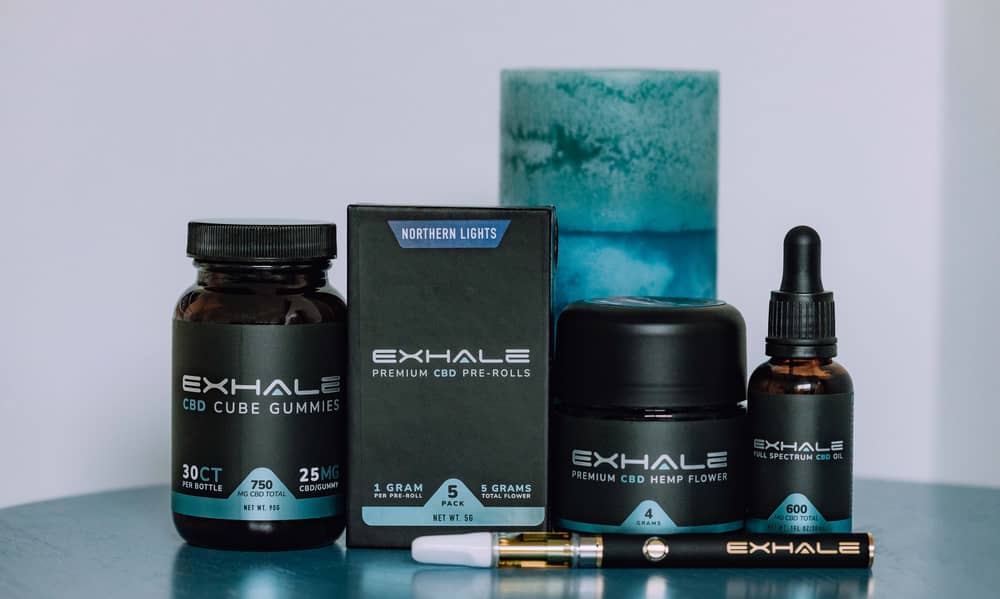In recent times, the market for cannabis-related products has experienced a notable surge, with a particular spotlight shining on Delta-8 THC. This compound, touted for its milder psychoactive effects compared to Delta-9 THC, has gained popularity among users seeking a more subdued experience. As interest grows, so too does the need for clarity regarding its legality, especially when it comes to products like exhalewell delta-8 flower products online.
Understanding the legal landscape surrounding Delta-8 products is crucial for consumers and businesses in this space. Here, we delve into the complexities and nuances of Delta-8 THC, exploring its legal status, regulatory challenges, and implications for stakeholders.

1. Defining Delta-8 THC
To comprehend the legal framework surrounding Delta-8 products, it’s imperative to grasp what Delta-8 THC is. Delta-8 is a cannabinoid found in the cannabis plant, albeit in lower concentrations compared to its more infamous counterpart, Delta-9 THC. Despite its structural similarity to Delta-9 THC, Delta-8 is derived from hemp and often touted for its purportedly milder psychoactive effects.
2. Legal Ambiguity: Federal vs. State Regulations
The legal status of Delta-8 THC is a subject of debate and confusion, primarily due to disparities between federal and state regulations. While the 2018 Farm Bill federally legalized hemp and its derivatives, including cannabinoids, such as Delta-8 THC, the legislation left room for interpretation and regulatory gaps. Consequently, states have adopted varying stances on the legality of Delta-8 products, leading to a patchwork of regulations across the country.
3. Regulatory Challenges and Enforcement
The evolving nature of cannabis laws poses significant challenges for regulatory bodies tasked with overseeing the industry. Inconsistencies between federal and state regulations, coupled with the emergence of novel products like Delta-8, complicate enforcement efforts and create compliance hurdles for businesses. Moreover, the lack of standardized testing and labeling requirements further exacerbates regulatory challenges, leaving consumers vulnerable to misinformation and substandard products.
4. Legal Precedents and Interpretations
As the legal landscape surrounding Delta-8 evolves, legal precedents and court rulings play a pivotal role in shaping interpretations and enforcement practices. Landmark cases and legal opinions provide insights into how courts navigate issues related to Delta-8’s legality, setting precedents that influence future regulatory decisions and industry practices.
5. Industry Response and Advocacy
In response to regulatory uncertainties, stakeholders within the cannabis industry, including manufacturers, retailers, and advocacy groups, have mobilized to advocate for clear and consistent regulations governing Delta-8 products. These stakeholders seek to influence policymakers through industry associations and grassroots efforts and shape legislation that balances consumer safety with market accessibility.

Conclusion
In conclusion, understanding the legal landscape of Delta-8 products is essential for all parties involved. As the market continues to expand and regulatory frameworks evolve, stakeholders must remain vigilant and informed to navigate potential pitfalls and capitalize on opportunities responsibly. By staying abreast of developments, advocating for sensible regulations, and prioritizing consumer safety, the industry can foster a sustainable and compliant environment for Delta-8 products to thrive.


